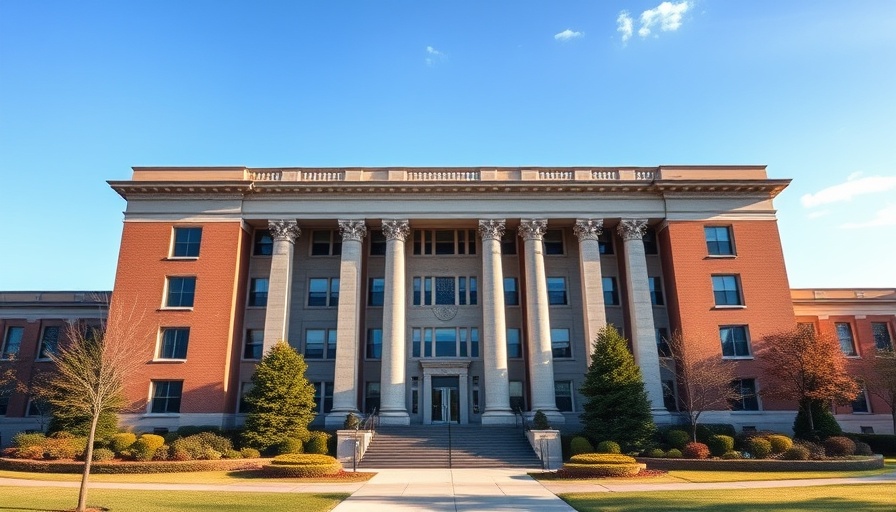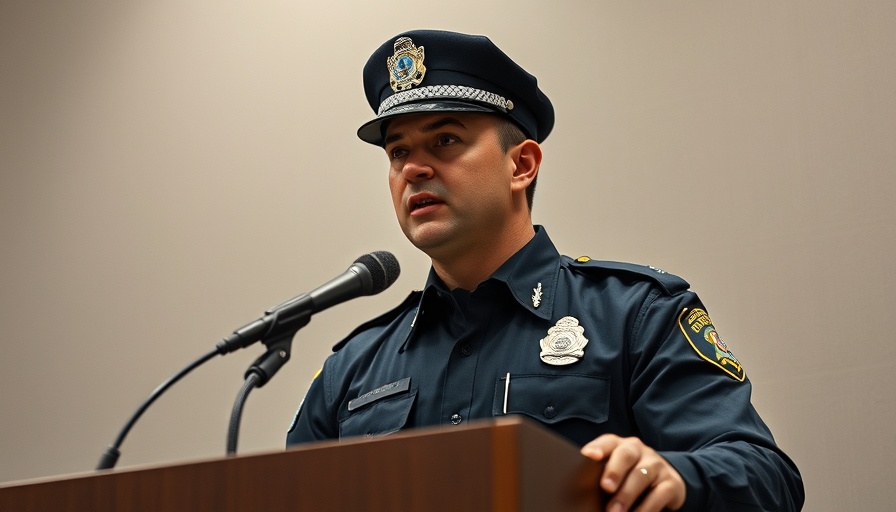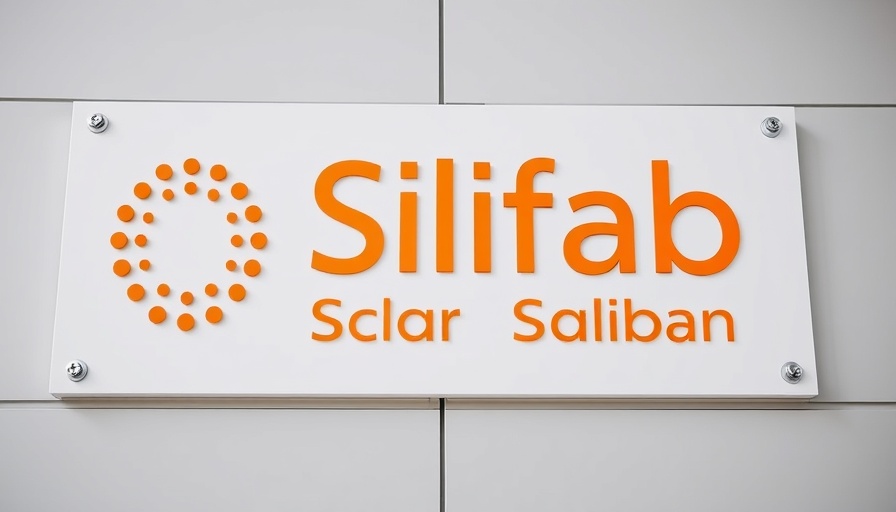
The Unraveling of Hope: Discrimination in Medical Research Funding
The shocking termination of Dr. Charity Oyedeji's five-year NIH grant dedicated to sickle cell research highlights an unsettling potential bias in funding decisions. With a termination letter citing diversity, equity, and inclusion (DEI) initiatives as part of the reasoning, it begs the question: are we overlooking critical healthcare disparities in our quests for inclusive research practices?
Unpacking the Language of the NIH Termination Letter
Dr. Oyedeji, a dedicated researcher at Duke University, received notice that her anticipated $750,000 grant was terminated just days before she had planned to dive deeper into her vital research. The verbiage used in her termination letter struck a chord with her as not simply procedural but steeped in negative biases. She described the language as ‘very non-scientific’ and brought into focus the unsettling implications of how grant decisions can reflect societal inequalities.
Why Sickle Cell Research Matters to the Charlotte Community
Sickle cell disease predominantly affects the African American community, making Dr. Oyedeji’s focus vital for improving health outcomes. As Charlotte NC health readers are increasingly interested in local wellness updates, it's imperative to stress that the ramifications of funding decisions like these extend beyond academia, potentially impacting patient care and community health initiatives.
The Ripple Effect of Discriminatory Practices
When researchers like Dr. Oyedeji face barriers in securing funding, it raises broader questions about the future of healthcare equity. Funding disparities can lead to underrepresentation of certain populations in clinical research, ultimately affecting the health policies that govern care for those communities.
Diversity and Inclusion in Research: A Double-Edged Sword
As initiatives push for more inclusive practices in research funding, conflicting messages appear. While promoting DEI is crucial, categorizing research proposals primarily on those lines may result in unintended consequences. Voices in science emphasize the need for diversity not just in approach, but in understanding the unique health challenges and needs of various populations, which must be reflected in funding decisions.
What Happened Next? Dr. Oyedeji’s Response
Determined not to be silenced, Dr. Oyedeji has decided to challenge the NIH’s decision, sparking conversations across social media about the need for equity in health research funding. Her story resonates with wellness advocates and health professionals in Charlotte who are urging greater accountability from funding organizations and advocating for continued support for projects that address health disparities.
The Role of Community Support in Advocacy
For local healthcare workers and chronic illness caregivers in Charlotte, supporting initiatives that prioritize research in underserved areas can lead to significant changes. Engaging with and amplifying such stories not only educates but strengthens community resolve, fostering an environment where equitable health outcomes are achievable.
As we continue following this story, Charlotte health news readers are encouraged to remain engaged and participate actively in wellness discussions that shape the future of health equity in our communities. By understanding and advocating for the importance of inclusive research, we can work towards a system that embodies fairness and representation for all health disparities.
Let’s not forget that the responsibility to advocate also lies with us. Together, we can ensure that the importance of every human story informs our health policies and funding priorities.
 Add Row
Add Row  Add
Add 




Write A Comment